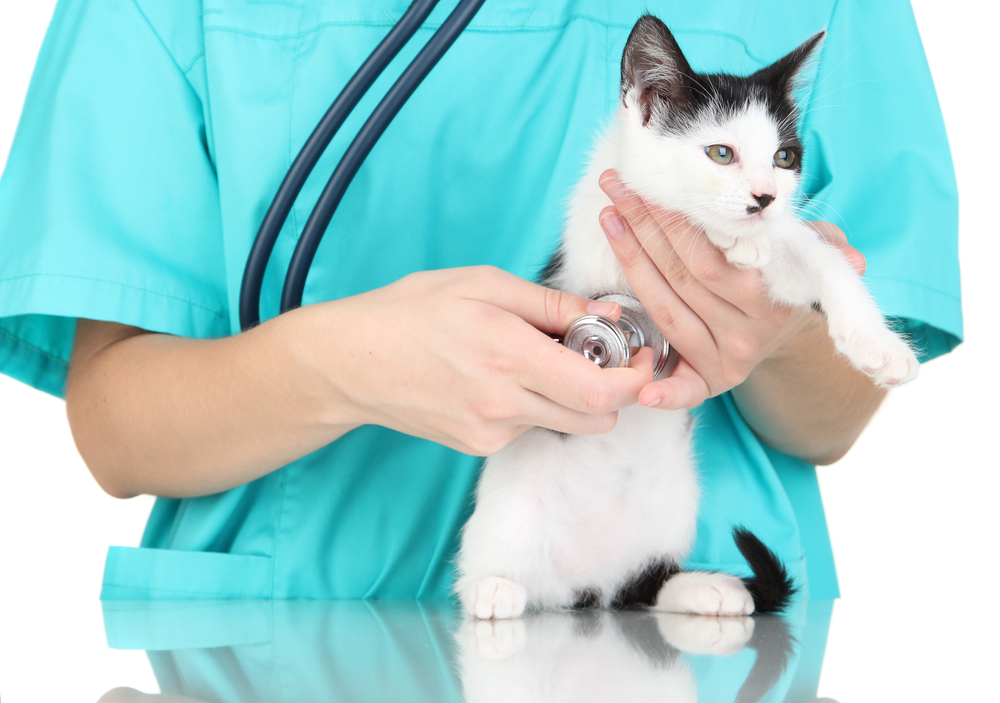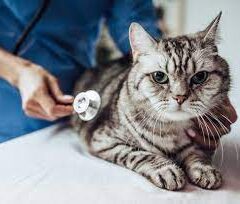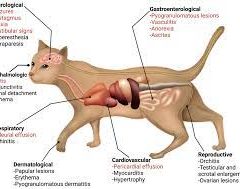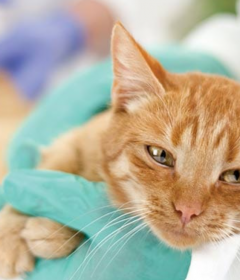An Introductory Entry on Feline Infectious Peritonitis

Feline infectious peritonitis (FIP) is a type of disease that occurs on a cat. It is a rare disease but when it does strike, it is typically fatal. The disease occurs as an abnormal response given by the body of a cat against the Presence of Feline Coronavirus (FCoV), the virus that causes the condition in the first place. FcoV typically attacks the gastrointestinal tract of a cat. Infections that take place subsequently are usually asymptomatic but in some cases they could cause diarrhea. This is especially true for kittens due to the natural antibody they derive from the mother gradually disappears at the age of around 5 and 7 weeks. FcoV mutates from Feline Enteric Coronavirus (FECV).
A big group of cats housed indoors together is commonly plagued with FcoV. As the virus gets dumped along with feces, some cats either ingest the virus or inhale it, infecting them in the process. The transmission is propagated by the use of shared litter trays or scoops or brushes that are already contaminated through which microscopic particles of cat litter are transmitted to healthy individuals. FcoV can also be transmitted through bodily fluids. Direct contact between cats can accommodate spread as well. The virus is commonly spread through saliva as most cats inside a house share the same dishes for water and food. It can also spread via fighting and grooming. When a healthy cat is groomed by an infected one, the former’s fur may be tainted with the latter’s saliva. When the healthy individual takes its time to groom itself, the contaminated saliva remains on their fur gets ingested, infecting it in the process.

Effusive and non-effusive FIP are two most common forms of the disease. The two are fatal but the effusive type, in which 60-70% of cases are wet, undergoes rapid progression more than the other. Effusive FIP is also known as wet FIP because the presence of fluid that accumulates inside the abdomen or chest. This, in turn, can cause difficulty breathing. Diarrhea, jaundice, weight loss, fever, and lack of appetite are other common symptoms. Non-effusive FIP has the same symptoms as the other but without the presence of fluid. Signs of neurological and ocular disorders typically occur in a cat with dry FIP. According to situs, the disease may result in vision loss. The cat with dry FIP will also find it difficult to walk and will get functionally paralyzed over time.



